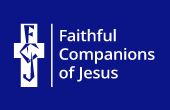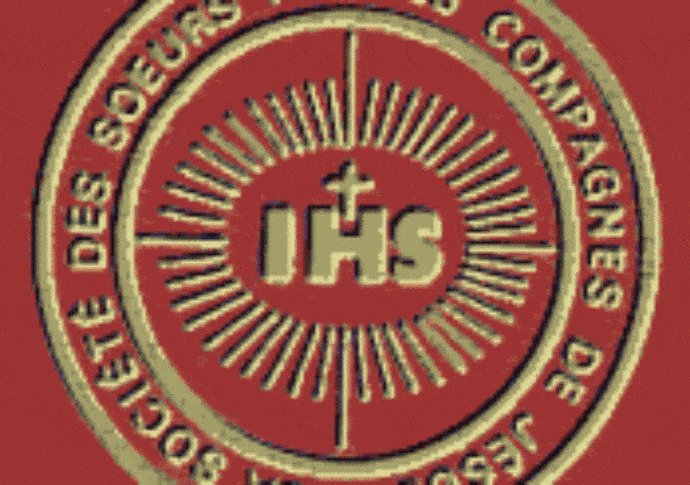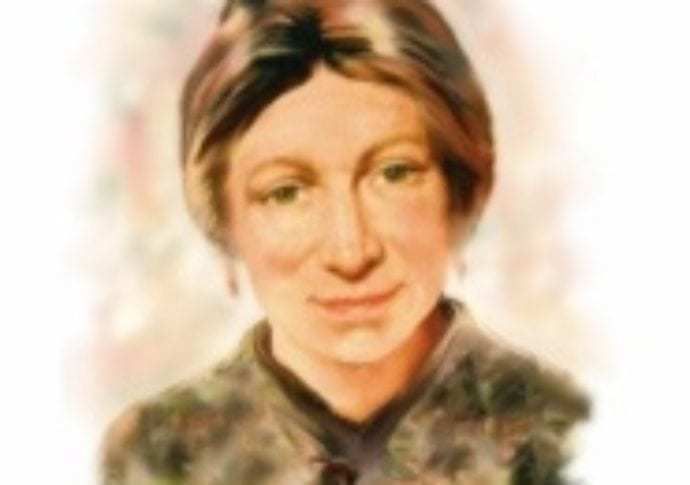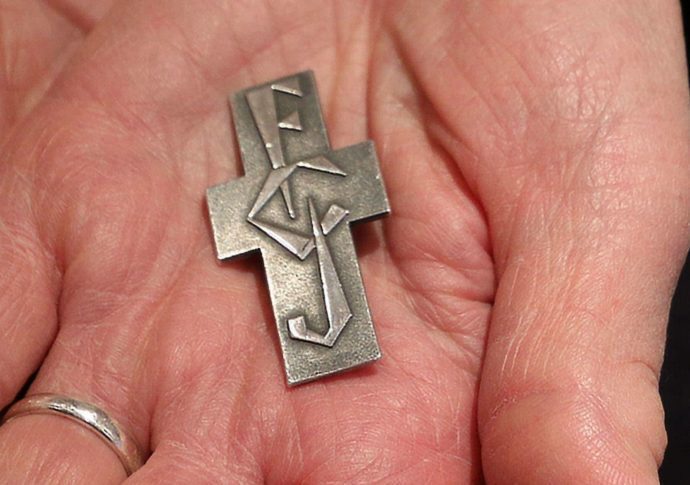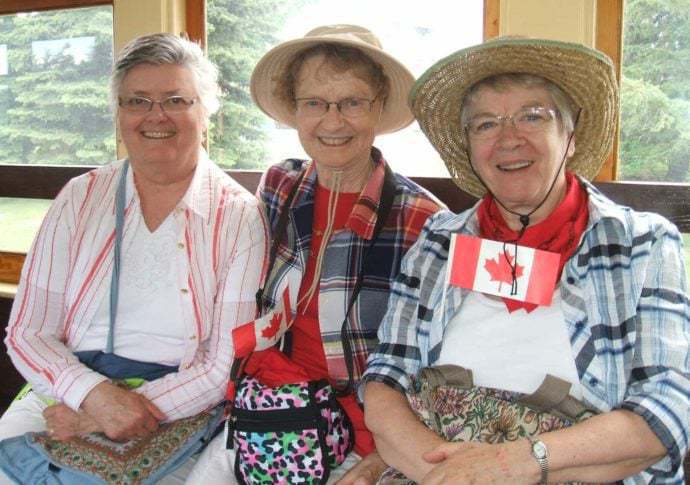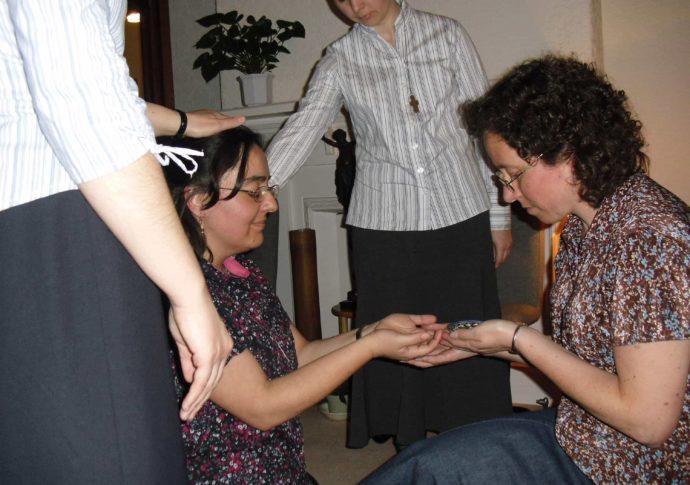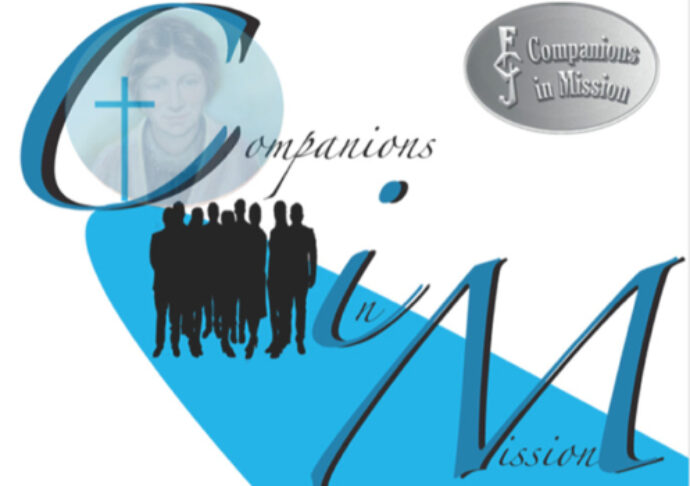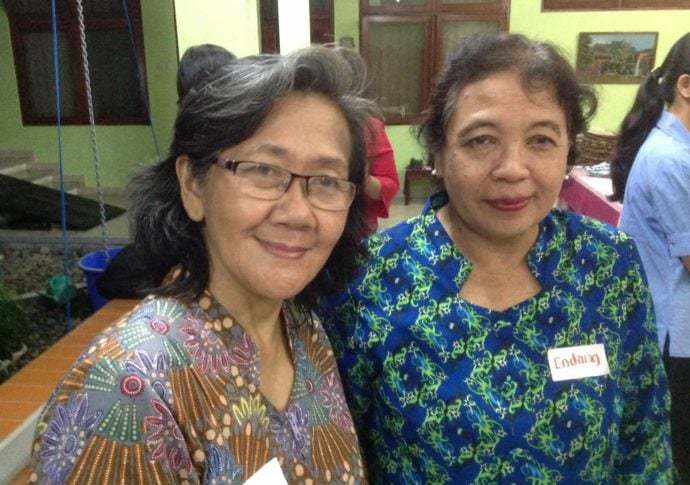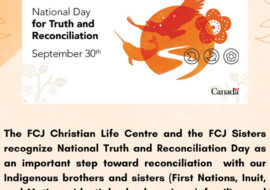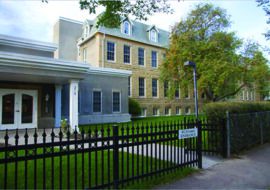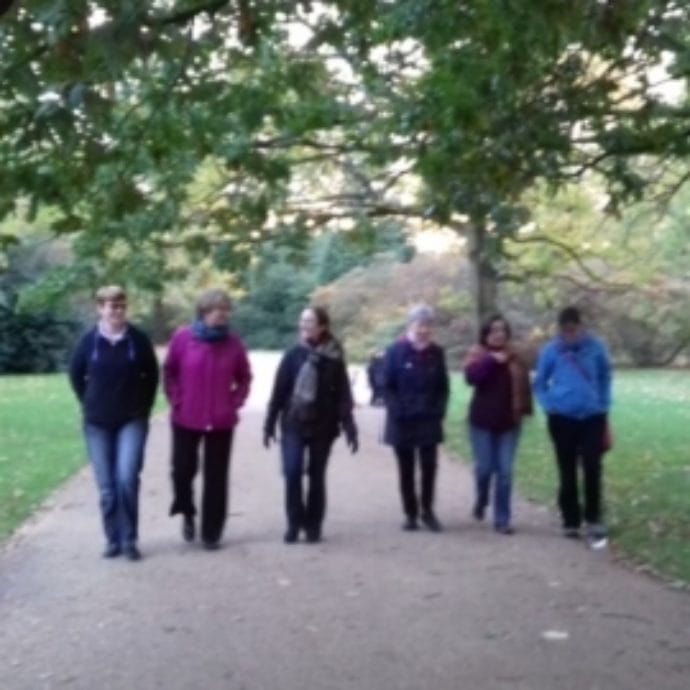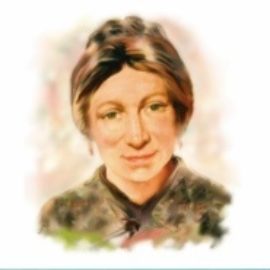A reflection by Sr Michelle fcJ
first appeared in the Weaving One Heart: Contemporary FCJ Voices blog
It has not been an easy thing to be following the riots in the United States on the news. It is an uncomfortable truth for us to face that we still have so far to go in evolving towards a society where everyone is treated fairly regardless of their skin colour or race. As a teacher at a school where the majority of the students are visible minorities, I want nothing less than a future for these vibrant young people that allows them to freely share their gifts without fear in our country and in our world. At times, this reality seems so far away, and yet perhaps these latest protests will be the starting point for real, systemic change.
It can be easy for me to forget how privileged I am as I go about my daily life, although listening to the stories of my students can ground me occasionally. They’ve told me about being berated in coffee shops for speaking their first language; after all, “they live in Canada now.” A fourteen-year old student spoke about walking down a local street while a man shouted racist slurs at her from his car. One young person told me about being followed around a store by a security guard to ensure he didn’t steal. Of course, sometimes, teenagers are targeted only because they are teenagers. His Mexican heritage may have only partially contributed to the extra attention paid to him. So, yes, my blood boiled for a time after hearing each of these anecdotes before I returned to my life: going out around the city, free of taunts and mean-spirited slights, mostly oblivious to racism.
As a teacher at a school where the majority of the students are visible minorities, I want nothing less than a future for these vibrant young people that allows them to freely share their gifts without fear in our country and in our world.
In the Introductory Rites of Mass, as part of the Penitential Act, we are asked to reflect on how we fall short of being our best selves, both personally and as a community of believers. We confess that we have greatly sinned in what we have done and what we have failed to do through our most grievous fault. I suggest that we who have enjoyed some privilege in this country are being called by present day events and our Catholic faith to consider the ways we have failed to acknowledge that privilege, and how this has led to the more vulnerable among us being hurt through no fault of their own.
How many times has someone smiled at me or shown me other kindnesses for no other reason than because I looked like them? How often has someone put my job application form on the top of the pile because of the colour of my skin? Has my opinion been respected over others because I wasn’t a visible minority? If I can answer yes to any of these questions, how have I responded to that privilege? Perhaps I’ve been oblivious to it because I’ve been wrapped up in my own troubles? Or maybe I’ve seen it as my due? Have I ever just assumed that I was somehow more deserving?
An Indigenous man spoke at Teacher’s Convention in Edmonton a couple years ago on the topic of Truth and Reconciliation. One of the things that stayed with me were his words to the Caucasians in the room near the end of his talk: It is not your job to fix us, he said. Fixing people’ is White Man’s thinking. It is a painful thing to face: I can’t fix the racist experiences my students will suffer during their lifetimes or change the fact that people will treat me differently because I’m white. I can’t control what others think or how they behave. What I can do is acknowledge that I have been given a ‘leg up’ by a system that I am a part of. I have been complicit in the “most grievous fault” that is keeping others from being fully accepted members of society. And I can avoid getting in the way of just and necessary change as our country strains to move into a future where every person is recognized as an equally valued member of the greater community. May almighty God have mercy on us, forgive us our sins, and bring us to everlasting life.” Amen.
Read other contributions by Michelle fcJ on our website or in the Weaving One Heart: Contemporary FCJ Voices blog.
Photo by ATC Comm Photography on Pexels.
